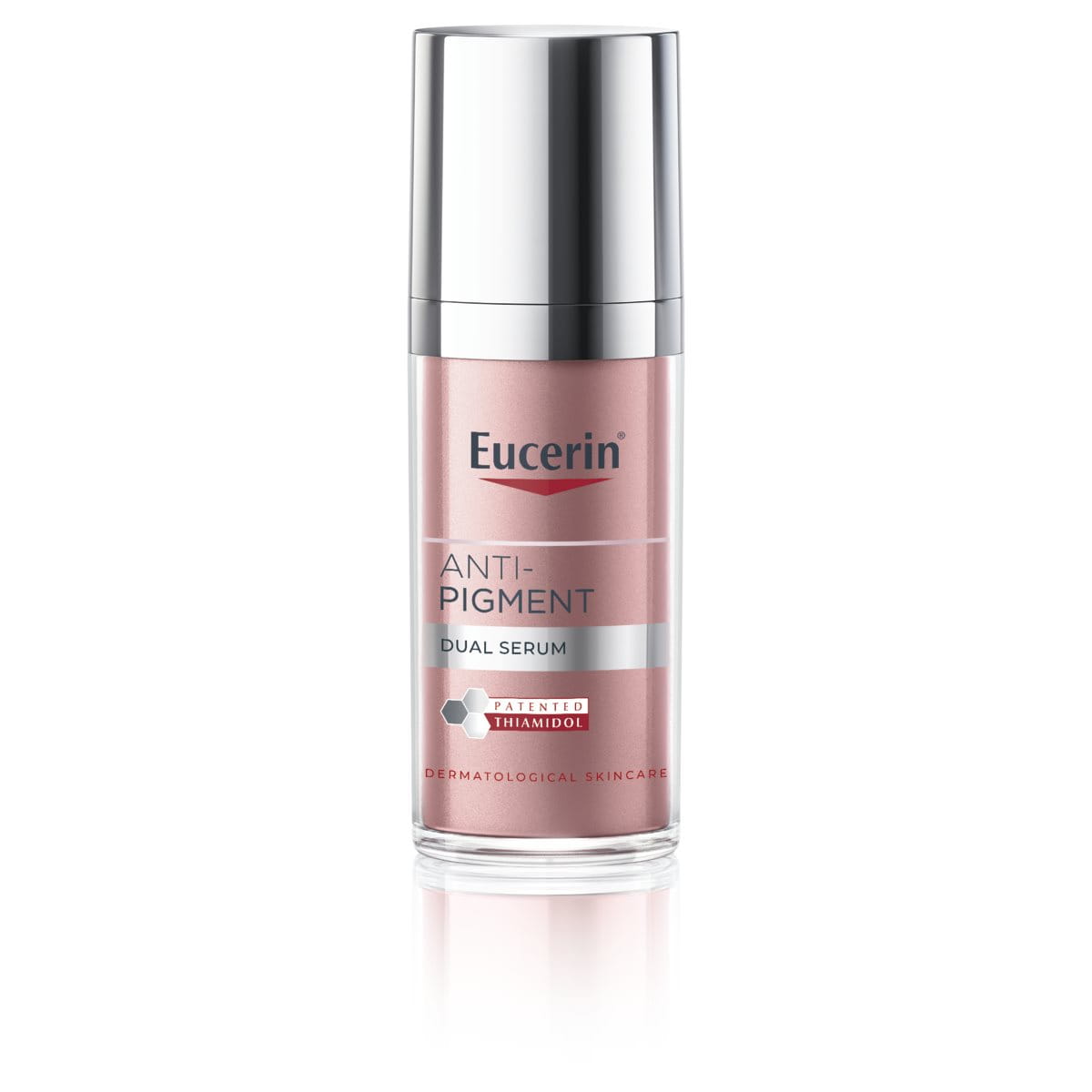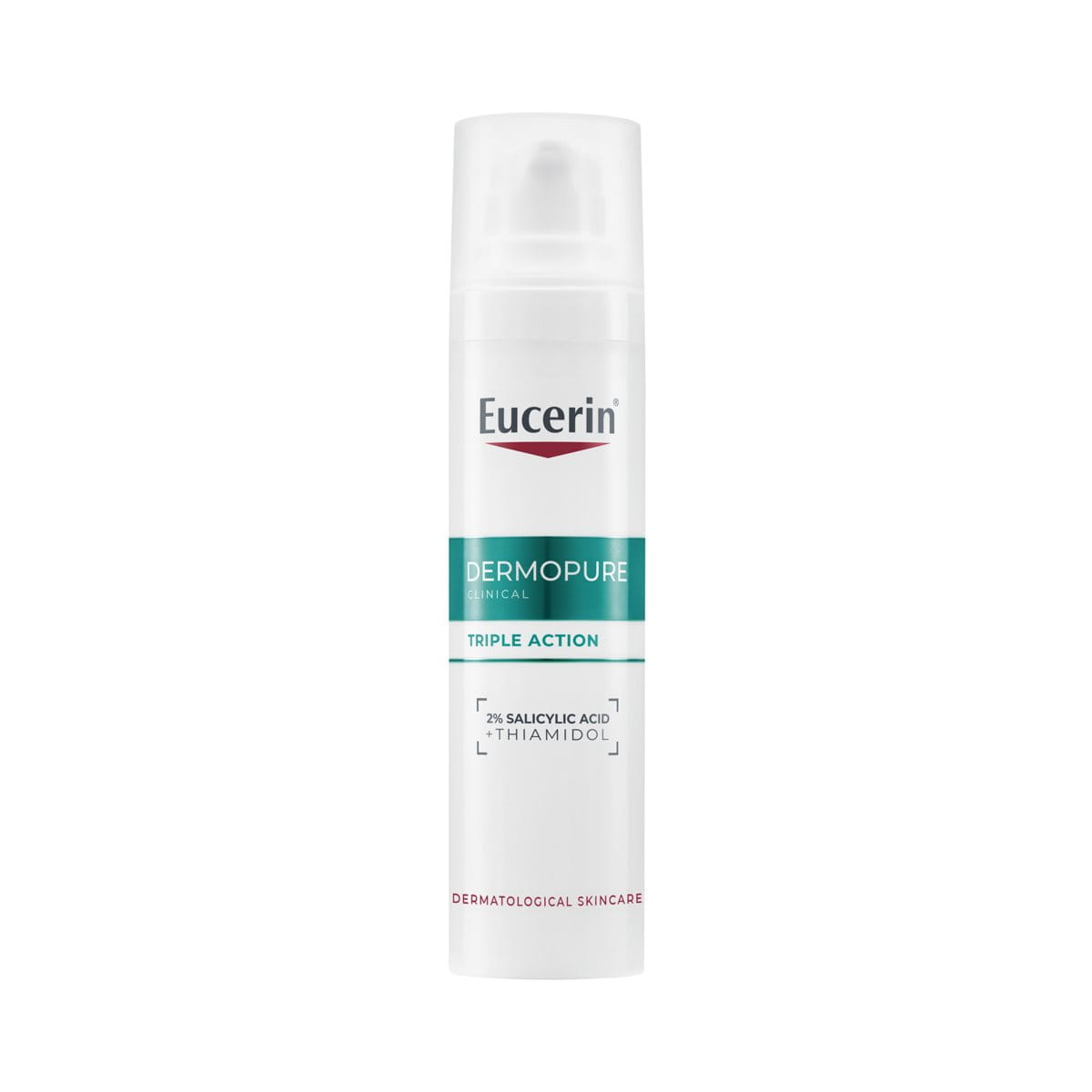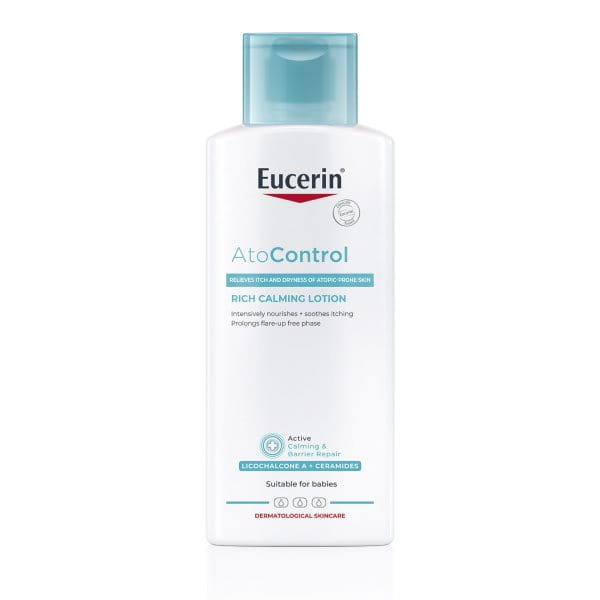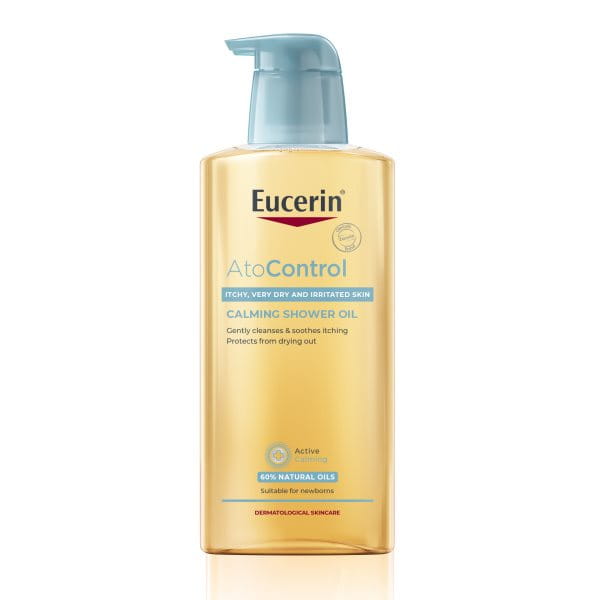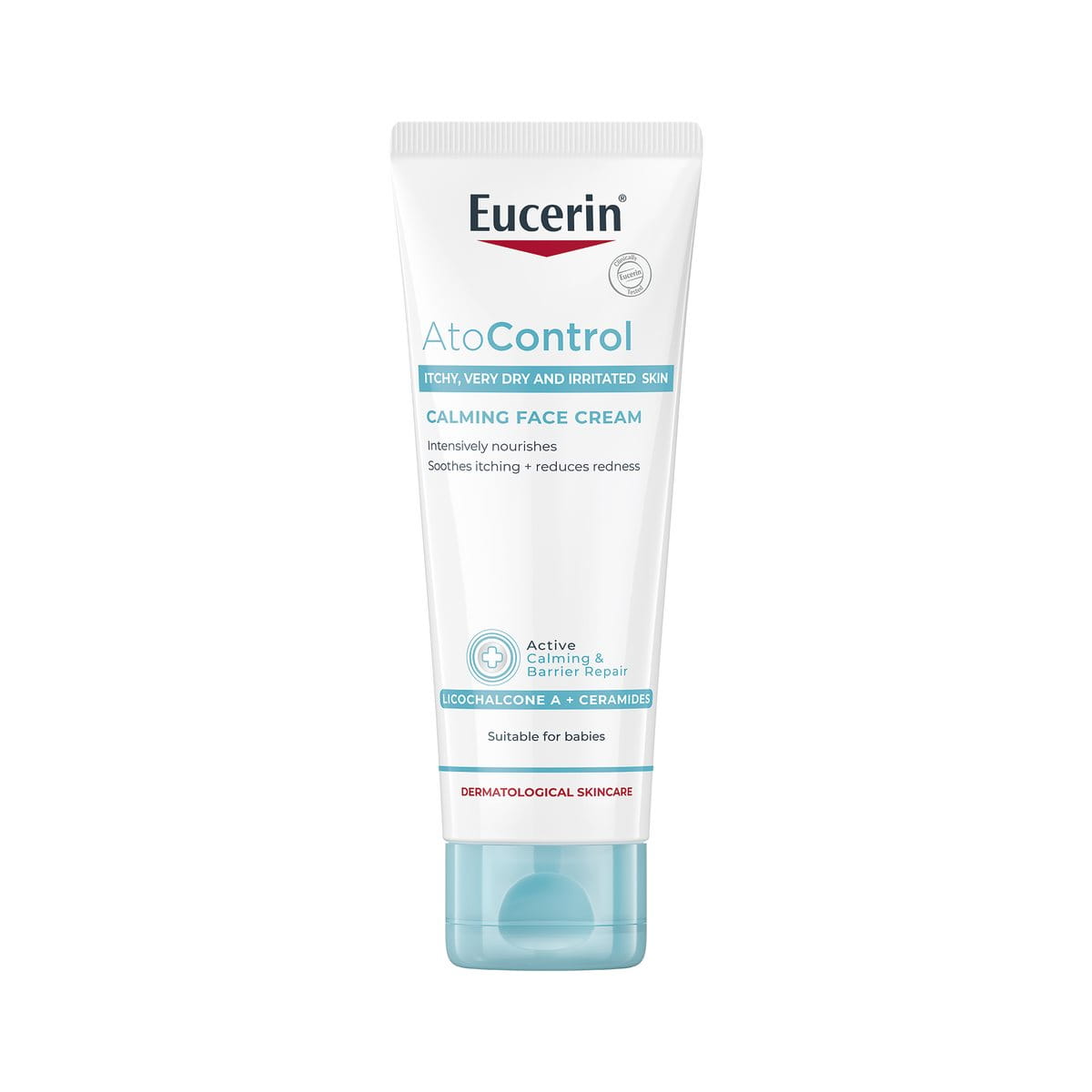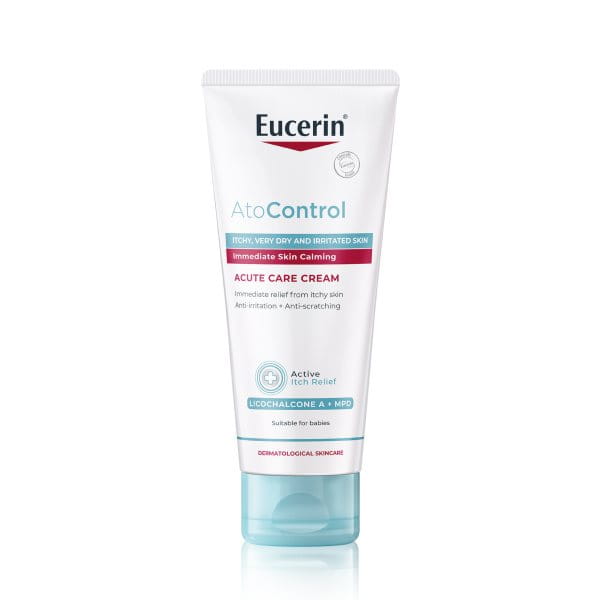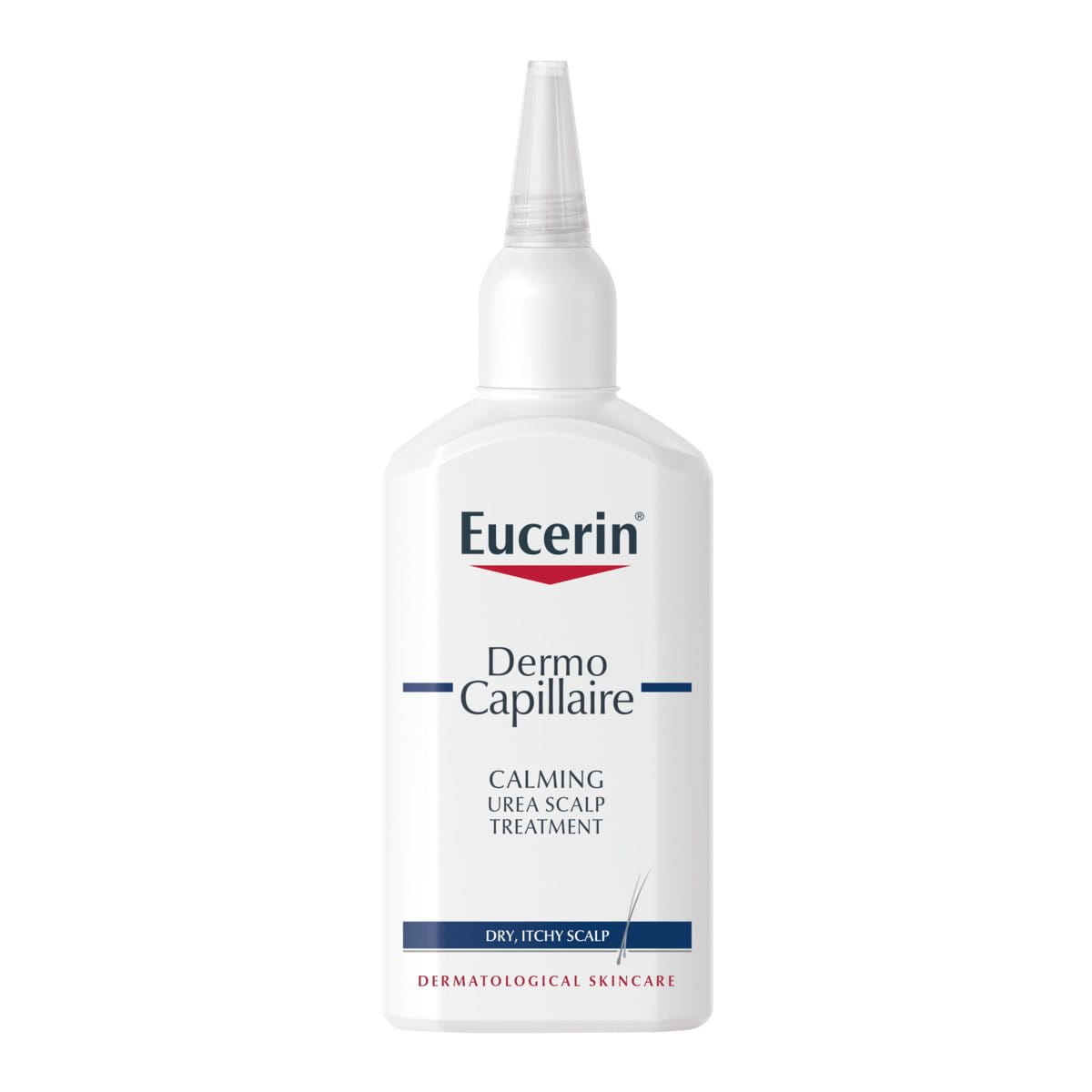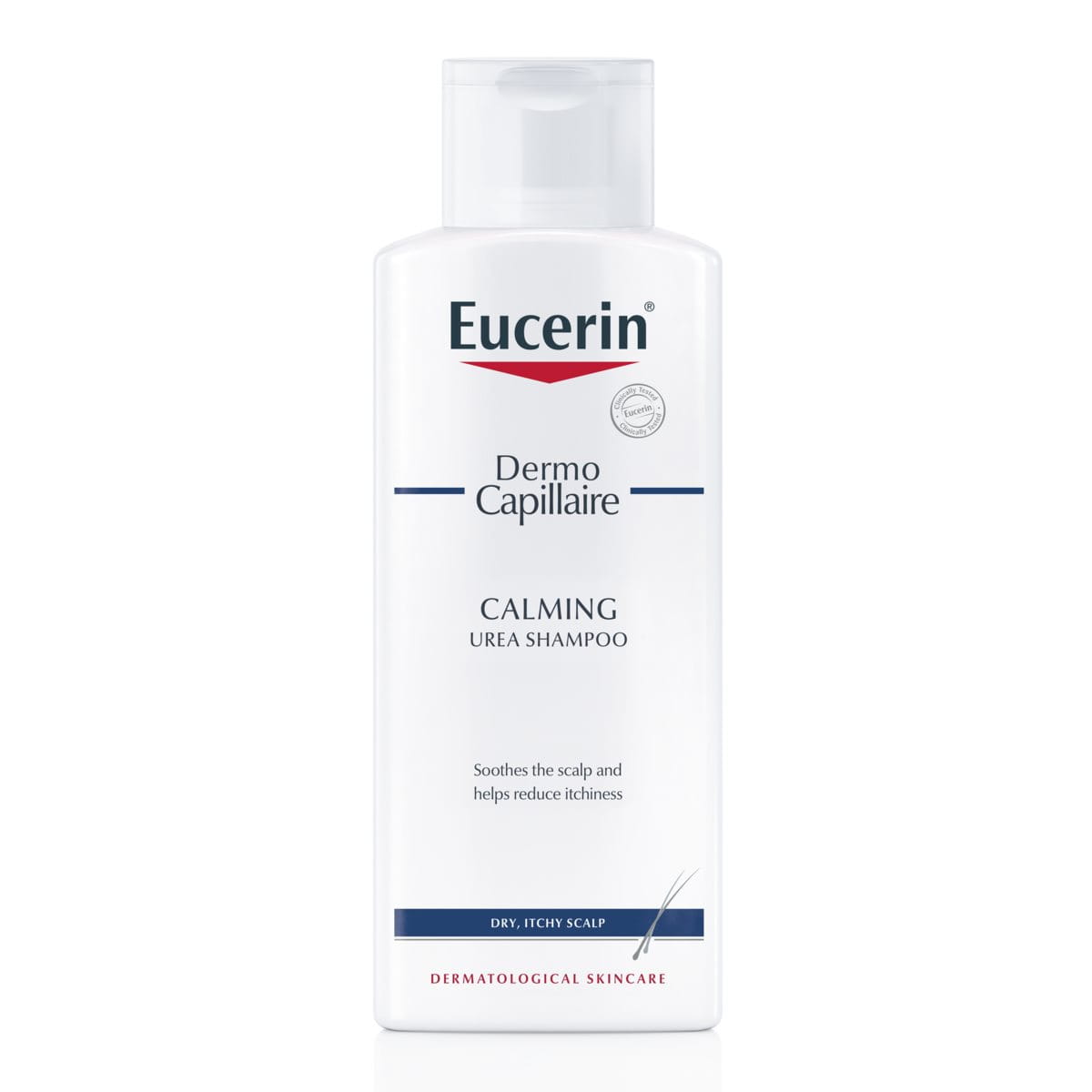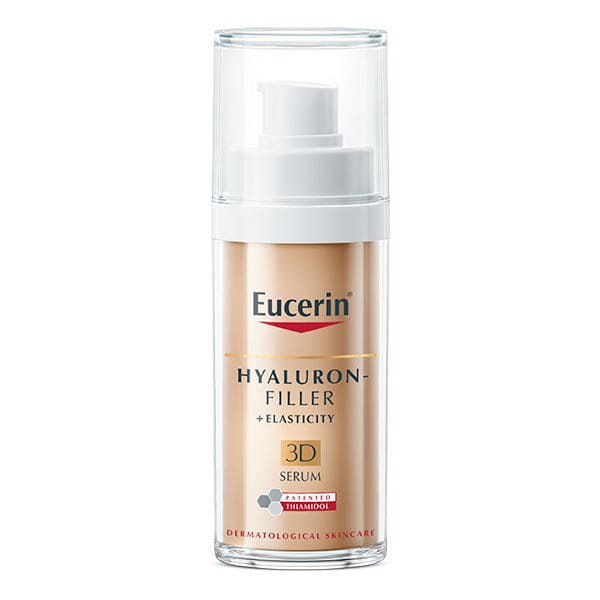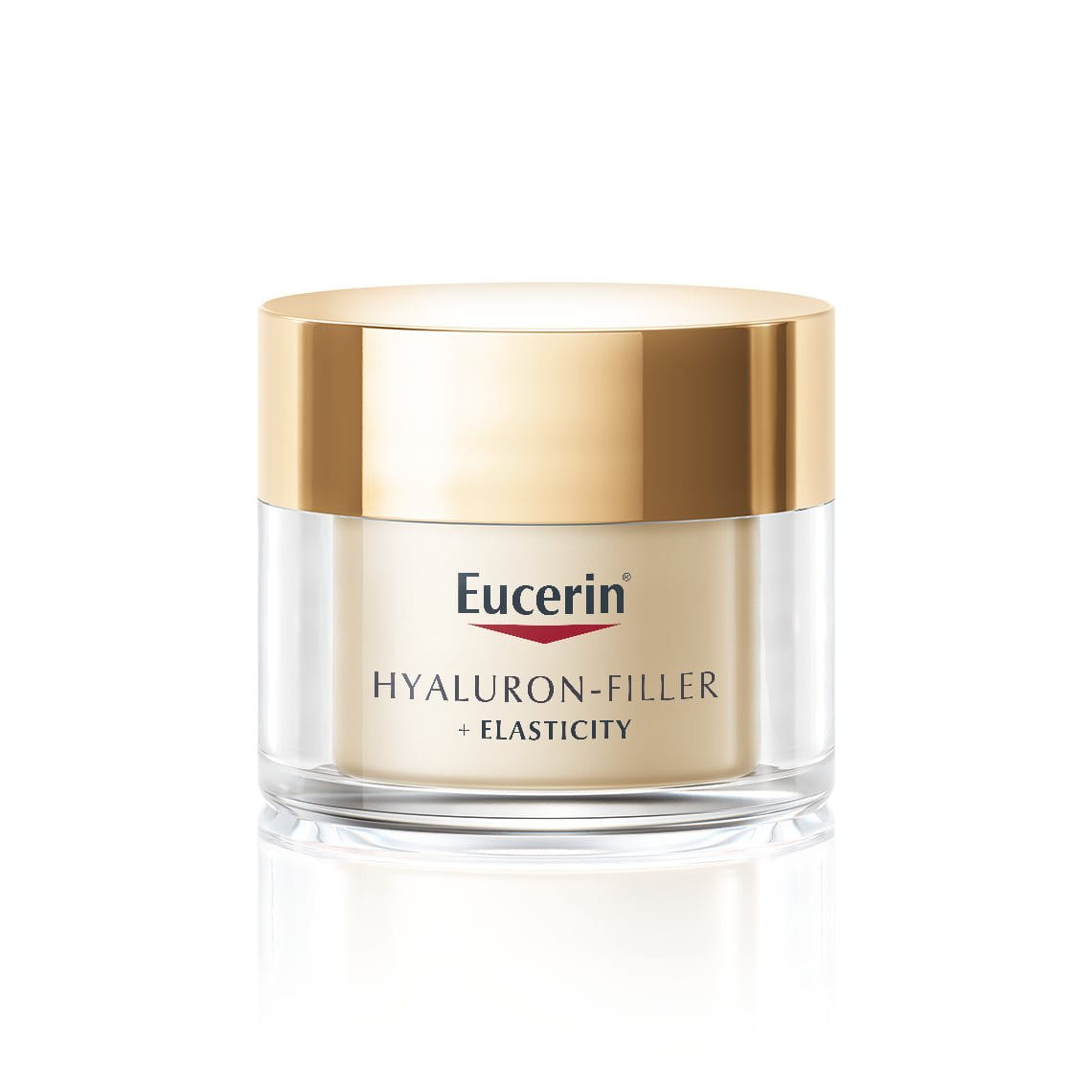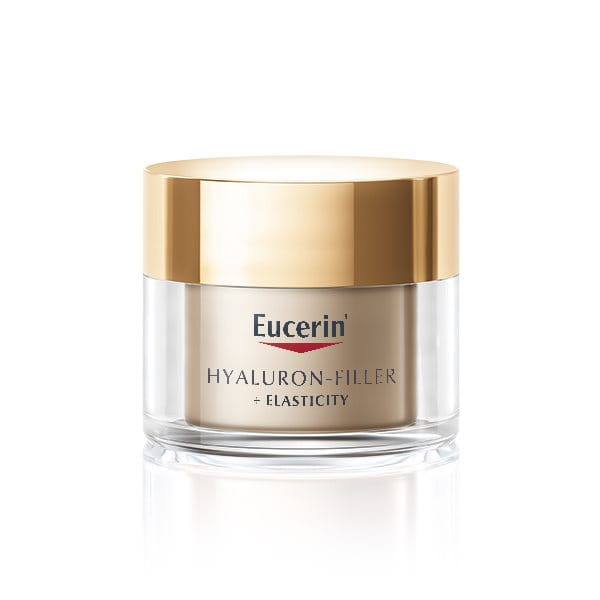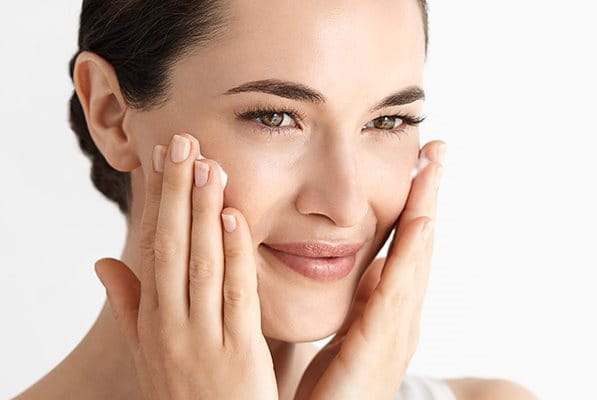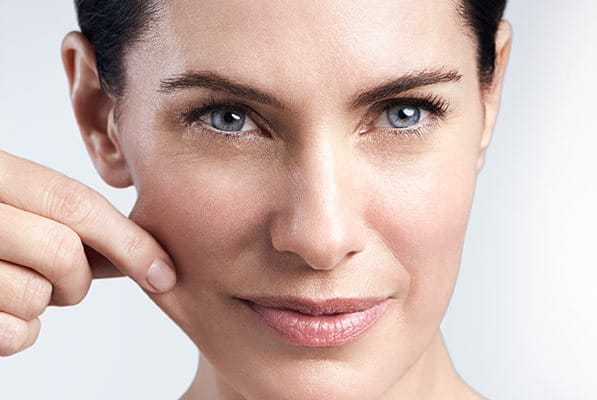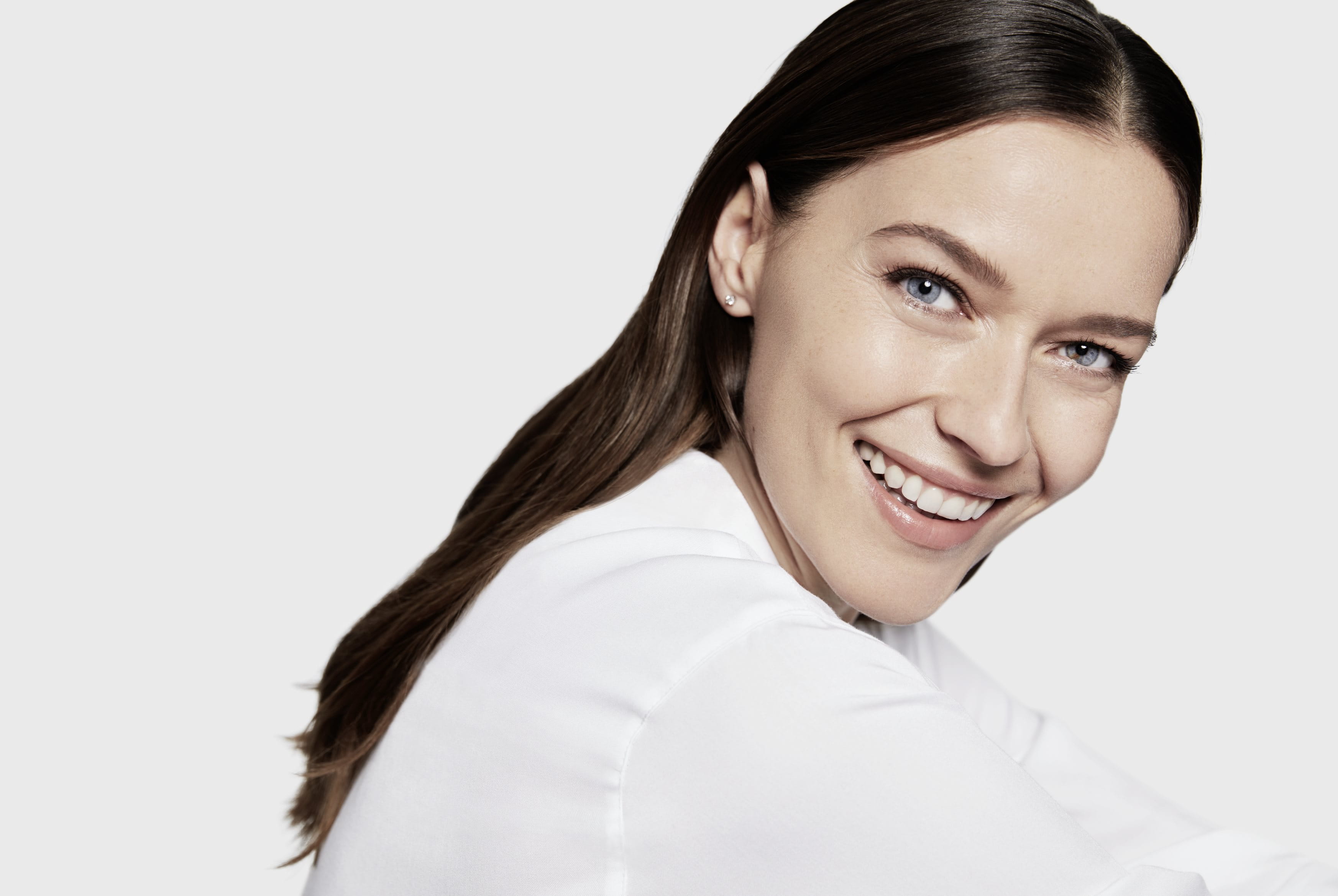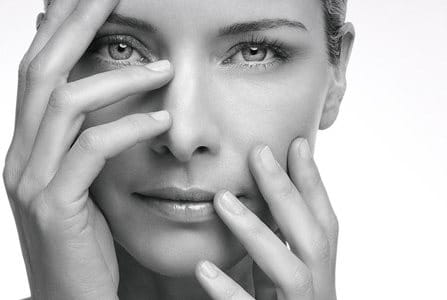Menopausal itching (clinically known as pruritus) is caused by fluctuating hormone levels that can dry out the skin and cause it to become thinner. As women or those assigned female at birth age, their bodies produce less oestrogen. Apart from playing a part in the menstrual cycle, oestrogen supports the skin barrier, regulates oil production and helps with collagen production. This, in turn, maintains the skin's thickness, elasticity and moisture.
When the levels of oestrogen in a person’s body declines, there is less oestrogen available to support the skin's functions, causing the following reaction.
- Due to its functions being impaired, the skin can be more susceptible to irritation.
- When the skin is irritated, the skin’s barrier is disturbed.
- Our bodies recognise this disturbance and our cells release histamine.
- Receptors in the skin send this information to our brain.
- Finally, our brains prompt us to scratch the itch.
Skin issues such as itching and pain are relatively common during the menopause, with 64% or more of women in this period express varied degrees of skin pain1.
